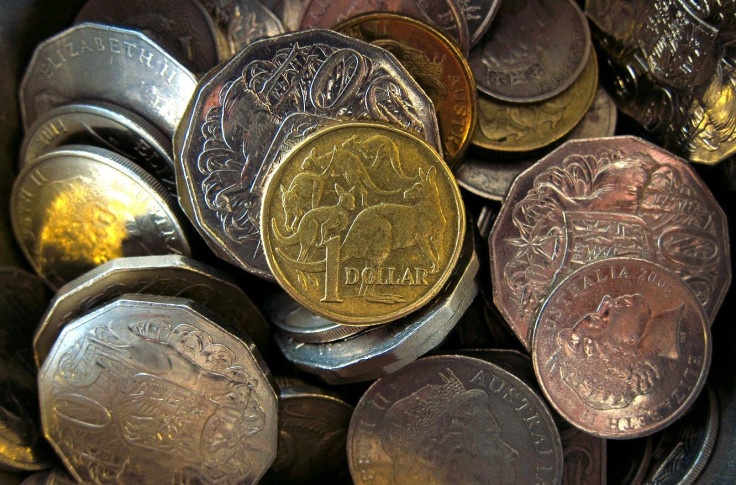Australian minimum wage to increase by 3.5% from July 1

Minimum wage in Australia will increase by 3.5 percent from July 1. The Fair Work Commission cited strong economic forecast in setting the new minimum wage at $18.93 per hour or $719.20 per week.
The increase means about two million workers will receive $18.93 per hour starting the first of July. It is still below the $50 a week increase that the Australian Council of Trade Unions (ACTU) argued workers need to cope with the rising cost of living. The Australian Industry Group, on the other hand, wanted a $12.50 increase.
But commission president Iain Ross said it would not be feasible for such an increase because it would risk low-skilled workers lose employment. “Such adverse effects will impact on those groups who are already marginalised in the labour market and on households vulnerable to poverty due to loss of employment or hours,” he said.
ACTU secretary Sally McManus said that while the increase was not enough to guarantee workers a living wage, it was a “step forward.”
Greens workplace relations spokesman Adam Bandt was not satisfied with the increase. He said it would still leave many full-time workers living in poverty.
“Almost one in four people in poverty is working full-time, and even though the economy is apparently strong, this decision will still leave many full-time workers living in poverty,” he said. “Until we enshrine in law a minimum wage above poverty level, inequality will continue to grow in Australia.”
On the employers’ side, the Australian Industry Group slammed the commission’s decision. Chief executive Innes Willox said it had the potential to be “a major disincentive to employment.” They had called for 1.8 percent increase for minimum wage-earners.
“Australia already had the second-highest national minimum wage in the world and today’s decision runs the risk of further harming the competitiveness of Australian businesses,” he said.





















